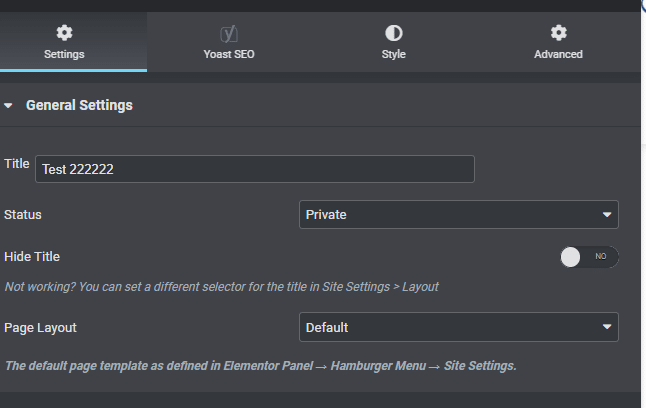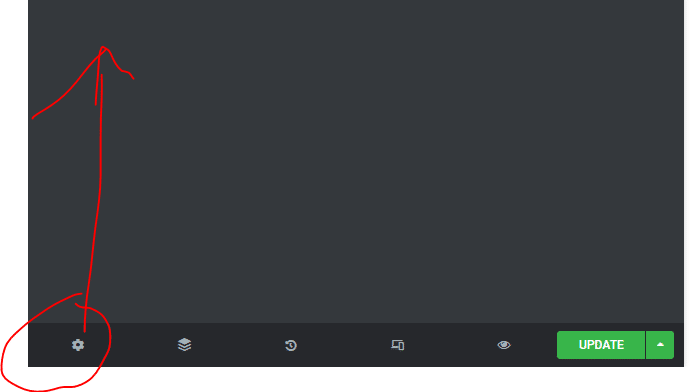
It’s an experience that can throw your life into a whirlwind of uncertainty. Shame, financial stress, and anxiety can be at the forefront of your life, and you may not know what to do next. Losing a job is never easy, and it can happen for a variety of reasons. If you’ve been with your employer for many years, you may be leaving behind long-held routines and business relationships, setting out into uncharted waters. If you’ve lost your job and are wondering what to do next, you’ve come to the right place. Through this challenging time of transition, we’ll offer some principles to help guide you forward and begin taking steps in the right direction.
What To Do If You Just Lost Your Job
First thing’s first: Keep your spirits up. Losing a job can be a big blow to self-confidence, and the process of finding a new job can be grueling. It’s easy to lose motivation to keep working hard. In the immediate aftermath of losing your job, find ways to keep your spirits up. The next chapter of your life will be exponentially harder if you have a discouraging attitude about it. Find a trusted friend and talk about the experience—whether you’re disappointed, embarrassed, or angry about your job loss, it’s important to have someone to confide in. Try and find support from people who love you and know your true value. It goes a long way to have a loved one remind you that your job is the most important thing in the world, and encourage you to go find the next opportunity that awaits you.
Understand What Happened
It may be painful to reflect on your recent job loss, but it’s an essential step in order to grow from your experience. Make sure you understand why you lost your job. Your employer should give you very explicit directions when they discuss your layoff with you. If you’ve lost your job and are wondering what to do next, you first need to know what went wrong. There are two dangers in this sort of reflection: the first is the danger of assuming the job loss was all your fault. The second danger is assuming that it was in no way your fault.
If you default to assuming you, and only you, are to blame for the loss of your job, you may be missing an important piece of the puzzle. There are many reasons why layoffs occur that have nothing to do with an employee’s competencies, character, or value. Companies undergoing significant business changes such as an acquisition, a management change, or a reorganization will oftentimes let employees go.
Perhaps it is your position, and not you, that has become redundant, and management has determined your role does not deliver needed value to the organization. Poor financial performance can lead to budget cuts, which can lead to a downsizing of staff. A department or team may be removed altogether if it does not fit with the business’s new vision. These are valid reasons why someone may lose their job, for situations outside their control. In cases like these, it’s important to keep this at the front of your mind, especially in discussions with future employers. You were not necessarily a bad employee: you were just in the wrong position, at the wrong time.
On the other hand, it is a serious mistake to go away from a job loss and assume it was someone else’s fault and not your own. This is a time to honestly and humbly reflect: when your employer let you go, what were the reasons they listed? Has your performance been subpar with the company? Were you unable to keep up with the responsibilities of your position? Did you regularly arrive late or miss work without notice to your employer? Were you unprofessional or uncooperative with your team? Did you habitually use work time or company resources for personal matters?
Accurately understand what your employer’s objection was to your work, and use it to guide your self-reflection. You may not agree with everything your ex-employer has to say. However, you should try and see if there’s any feedback that can help you grow personally and professionally: having someone honestly and openly speaking about your shortcomings can be a gift in disguise. It shows you where to focus your efforts on self-improvement. By learning from any mistakes you may have made, you also set yourself up to be able to discuss this experience with a future employer. Instead of your job loss being a red mark on your resume, you can turn it into a positive, learning experience.

Prepare for What’s Next
When you lost your job, a chapter of your life was forever closed. Now, it’s time for you to set your sights on what’s next. Before you begin searching for your next career, make sure you take time to review your finances. In the time between jobs, don’t neglect to keep a close watch on your personal finances. Know exactly what expenses are taken out of your bank account each month, and make sure you have the funds to cover them. If necessary, pare down on unnecessary spending: subscription services, eating out, and new clothes all may need to wait until after you have a stable stream of income. Depending on the nature of your job loss, you may be eligible to enroll in unemployment. Even if you don’t anticipate being out of work for a long time, it’s prudent to begin the unemployment process now. It may be many weeks before you receive an unemployment check, so it’s best to begin as soon as possible.
Once you make sure your needs are accounted for, it’s time to prepare for your job search. Brainstorm possible companies or industries where you may want to apply. Do you want to go back to a similar position to the one you just left, or are you looking for a more significant career change? Spruce up your resume with everything you can think of from your last job: responsibilities you had, projects you completed, or processes you improved.
It’s worthwhile to revise your whole resume and make sure it’s tailored to reflect the type of positions you’re interested in. If you had a customer service role previously, and hope to apply to positions in lower-level management, instead of only listing ‘customer service’, portray the role in light of the skills you would need in management: negotiation, problem-solving, listening, etc. Also make sure that you know how to talk about your most recent employment experience. After reflecting on the reasons why you lost your job, you should have a ready answer if someone asks the question ‘Why did you leave your previous job?’
Finally, go out and find what’s next! Use your existing network of family, friends, and professional connections to find job openings. See if they would be willing to recommend you for a role. A personal “in” to a company will oftentimes greatly increase your chances of a response. With that being said, keep in mind that the job search can be discouraging. In all likelihood, you will need to send out dozens and dozens of applications before you get a job offer.
It’s easy to lose heart, so don’t forget to take breaks. Don’t spend all day completing applications. Make sure to go outside for a walk and set aside time for your relationships. It’s hard to remember this after receiving a rejection email, or having an application go entirely unanswered, but you do have valuable skills, and will find a job again, though it may take time. Keep your situation in perspective and keep your head up!

You’ll Make It
You lost your job, but life as you know it is not over. A long fight may be ahead for you, filled with job applications, networking events, and interviews. By keeping your spirits up, and staying focused on your goal, your next opportunity is just around the corner. Always keep your accomplishments in mind and be proud of the studies, certificates, projects, and positions that have led you to this point. You have the skills and experience that someone wants: it’s a matter of finding them. While you highlight your work on your resume and in your cover letters, consider highlighting your work in another way: visit our online store and browse our selection of custom frames. Start framing your diploma today!









